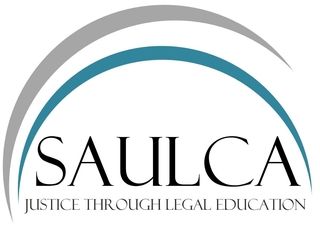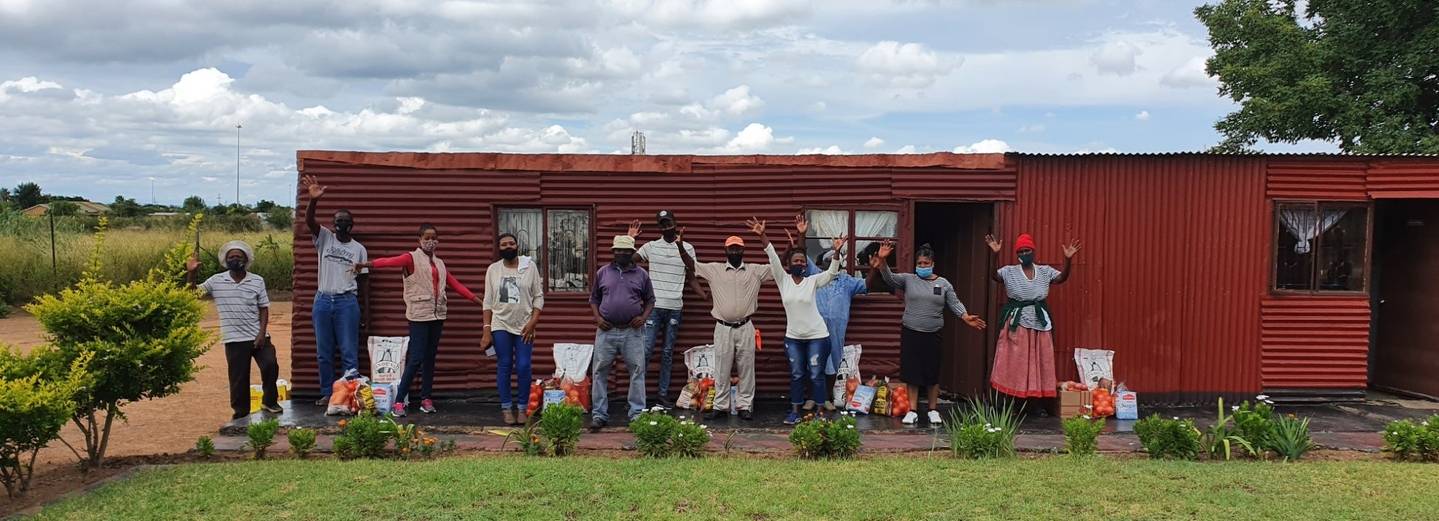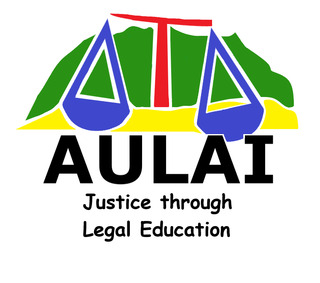south african university law clinics association
169-685 NPO


AULAI TRUST
Background
The South African University Law Clinics Association (SAULCA) – previously known as the Association of University Legal Aid Institutions (AULAI) was established in 1986 and is the umbrella body for all university-based law clinics in South Africa. SAULCA was instrumental in the founding of the AULAI Trust (“the Trust”) and it was established in 1998 with a grant received from the Ford Foundation as an endowment fund. Since 1998 the Trust received funding from various donors through which the Trust established a number of successful projects, such as the Access to Justice Cluster Programme.
Through its projects the Trust gathered a wealth of information on access to justice, the activities of university-based law clinics, clusters, community-based paralegal advice offices and community-based paralegals. This information is, inter alia, on the following subjects:
· Clinical Legal Education (CLE)
· Development of university-based law clinic
· Clusters
· Candidate Legal Pracitioner
· Involvement with paralegal structures, community-based paralegal advice offices and paralegals
· Free legal services to thousands of people.
The aim of the Trust is to create a fund for legal aid and clinical legal education institutions at universities and community-based paralegal advice offices in the Republic of South Africa, the operations of which are in the interest of the citizens of the country.
In furthering the aim of the Trust, the Trust has the following objectives:
1. The promotion of legal aid and access to justice in South Africa;
2. The encouragement and promotion of practical legal education of law students by members of the association;
3. To provide program support and capacity building to law clinics, law clinicians and paralegals;
4. The fostering, maintaining and extending of the public confidence in the law and the administration of justice; and
5. The development of collaborative partnerships with other organizations that share the vision of the Trust, such as the paralegal movement in South Africa.
Activities
The initial purpose of the Trust was to establish Clinical Education Programmes at university-based law clinics at all South African Universities, which was done in the years 2000 to 2005, by providing funding to Universities to do so. The result of the implementation of these programmes is that, currently, Clinical Legal Education and / or Legal Practice is either a compulsory or elective module at all universities in South Africa.
The Trust, in cooperation with SAULCA, arrange, present, and fund workshops and / or conferences to develop and enhance Clinical Legal Education and to assist and equip law clinicians (legal practitioners working at University-based Law Clinics) with the necessary skills to teach Clinical Legal Education.
The Trust provides financial and programme support to university-based law clinics and community-based paralegal advice offices that form part of the Access to Justice Cluster Programme of the Trust.

The Access to Justice Clusters
The Trust supports 6 Access to Justice Cluster Programmes, namely:
· Limpopo Access to Justice Cluster
· North-West Access to Justice Cluster
· Mpumalanga Access to Justice Cluster
· Cape Human Rights Cluster
· Eastern Cape Access to Justice Cluster
· Free State Access to Justice Cluster (established in 2021)
Click here to see where these Clusters are situated
A cluster is defined as a co-operative body of university-based law clinics and community-based paralegal advice offices, together with one or more of the following: justice centres, private practitioners and/or other organization properly structured, with the aim of providing access to justice and legal aid services to poor and marginalized people in rural and remote areas, informal settlements and squatter camps, supported through funders or through the state legal aid system or other governmental bodies.
The Trust provides funding in the form of a contribution towards operational expenses to between 35 – 39 community-based paralegal advice offices per annum.
The Trust also provides funding to university-based law clinics in the form of a contribution towards operational expenses and / or salaries of candidate legal practitioners and / or legal practitioners employed in the Access to Justice Cluster Programmes by the university-based law clinics.
The legal practitioners and candidate legal practitioners within the Access to Justice Cluster Programme bring regular visits to community-based paralegal advice offices and ensure the operation of such offices. The training needs of the paralegals are assessed and addressed either through informal or formal training as the need arises.
During visits to the community-based paralegal advice office, the legal practitioners and candidate legal practitioners provide legal advice and support to members of the community being where the community-based paralegal advice offices are situated.
The main idea is to empower community-based paralegals with the necessary skills and knowledge to assist clients with all types of legal matters encountered. Should the intervention of a legal practitioner be needed and / or court action have to be taken, the candidate legal practitioner / legal practitioner will open a file for the client (subject to the client qualifying for free legal services in terms of the means test administered by the university-based law clinic).
A number of community engagement activities are conducted by university-based law clinics and community-based paralegal advice offices who form part of the Access to Justice Cluster Programmes. These activities can take the form of hosting community awareness workshops, radio talk shows, etc. The aim is to promote effective rights literacy so that communities are better informed and hence, more able to access their rights. Also it aims to prevent individuals from taking the law into their own hands.
The activities of the Trust are supported through funding received from the Charles Stewart Mott Foundation, the Open Society Foundation South Africa and the Constitutionalism Fund (in partnership with the Social Change Assistance Trust). We are thankful for their support.

